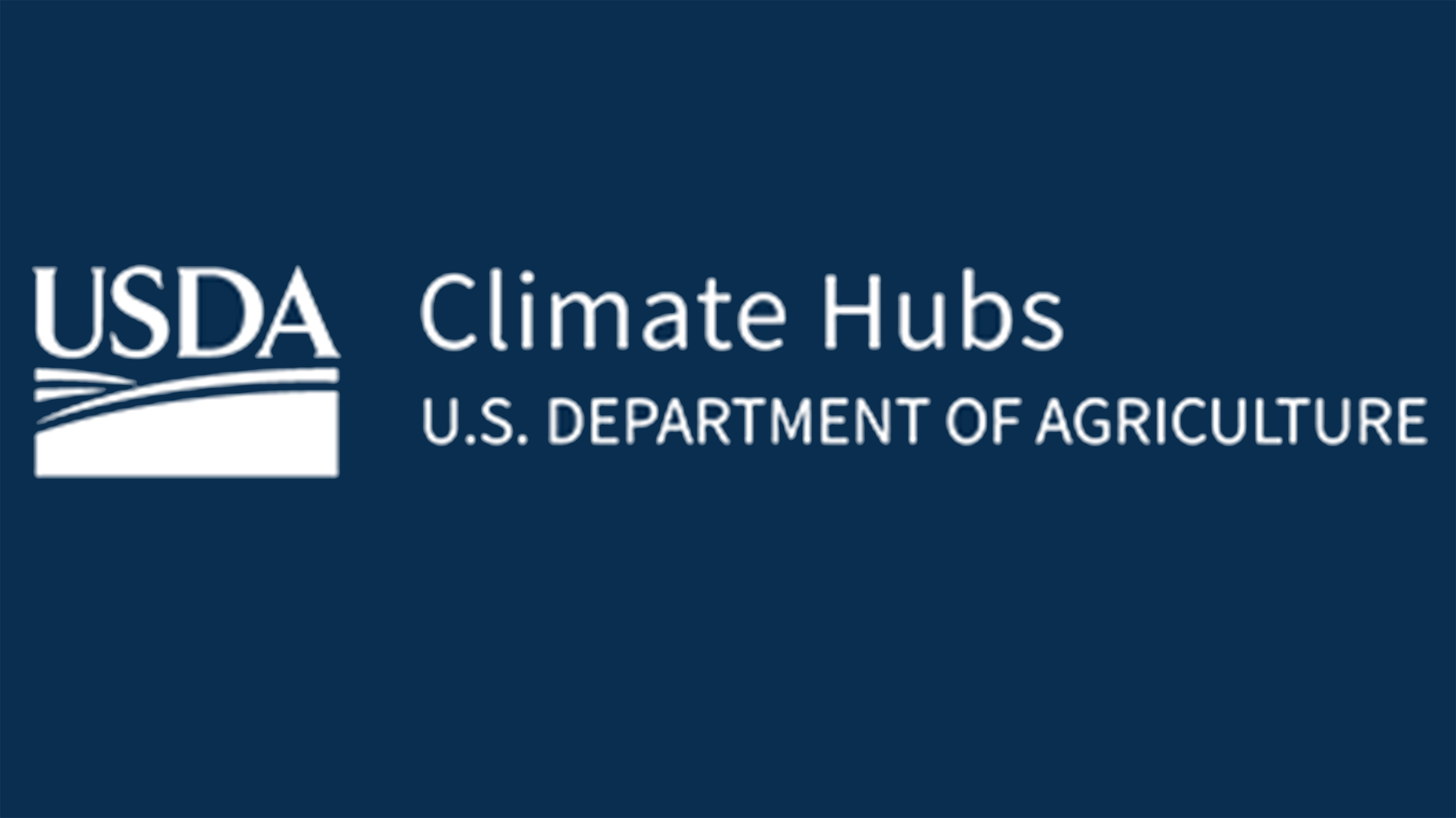Adaptation
Climate change effects are already being observed, and these effects are expected to continue—and intensify—in the future. Adaptation means taking action to prepare for anticipated changes and respond to effects. Preparing human and natural systems for climate change involves assessing information about the vulnerabilities and risks associated with climate change and then choosing a course of action that best fits the management goals and the needs of the system.
There is no single “right” way to respond to climate change, just as there is no single right way to manage resources. Natural resource management is diverse and will continue to be diverse with climate change.
Some of the actions we are already taking to manage natural resources will likely help ecological systems adapt to changing conditions, even though climate change may not have been a specific consideration in developing those actions. However, it is risky to automatically assume that our current management plans and actions will work in a changing climate with warmer temperatures, altered precipitation patterns, and other expected effects. Given the potential challenges of climate change, it is important to act with intentionality, which means explicitly considering and addressing the climate change effects that could impact our management goals and actions. Deliberately including climate change in our work makes plans and actions more robust. How well do current actions already address the expected effects of a changing climate? Are there other actions that we may want to consider? (from CCRC)
Continue to the full text of Adapting to a Changing Climate or browse related content:
-
Southwest Climate Hub Interns
The Southwest Hubs needs talented, innovative individuals to work on science delivery and communication of how managers…
-
Colorado Plateau Grasslands Climate Change Adaptation Workshop
In a changing climate, natural resource managers and professionals are considering climate adaptation planning in their…
-
Partnered, applied research for Great Basin restoration
An understanding of plant traits, plant evolutionary history, and local adaptative mechanisms can be used to optimize…
-
Understanding forest soil carbon and useful resources for real-world management applications
The forests of the Northwoods, in particular the Lake States, soil carbon plays an important role. New research and…
-
Adaptation in Action
The Climate Hubs and their partners support USDA’s Climate Adaptation and Resilience Plan connecting science and…
-
Adaptation Planning and Practices for the Rio Grande Basin

Resources for the free online course in Adaptation Planning and Practices for land owners and managers, agricultural…
-
Climate Hubs presentations at the 2021 Annual Conference of the Soil and Water Conservation Society
2021 Annual Conference of the Soil and Water Conservation Society - Climate Hubs' session
-
Adaptation Resources for Agriculture: Case Studies using the Adaptation Workbook
A series of case studies developed using Adaptation Resources for Agriculture in combination with the Adaptation…
-
Southern Plains Podcast

The Southern Plains Podcast features regionally-relevant and timely information for farmers, ranchers, and rural…








